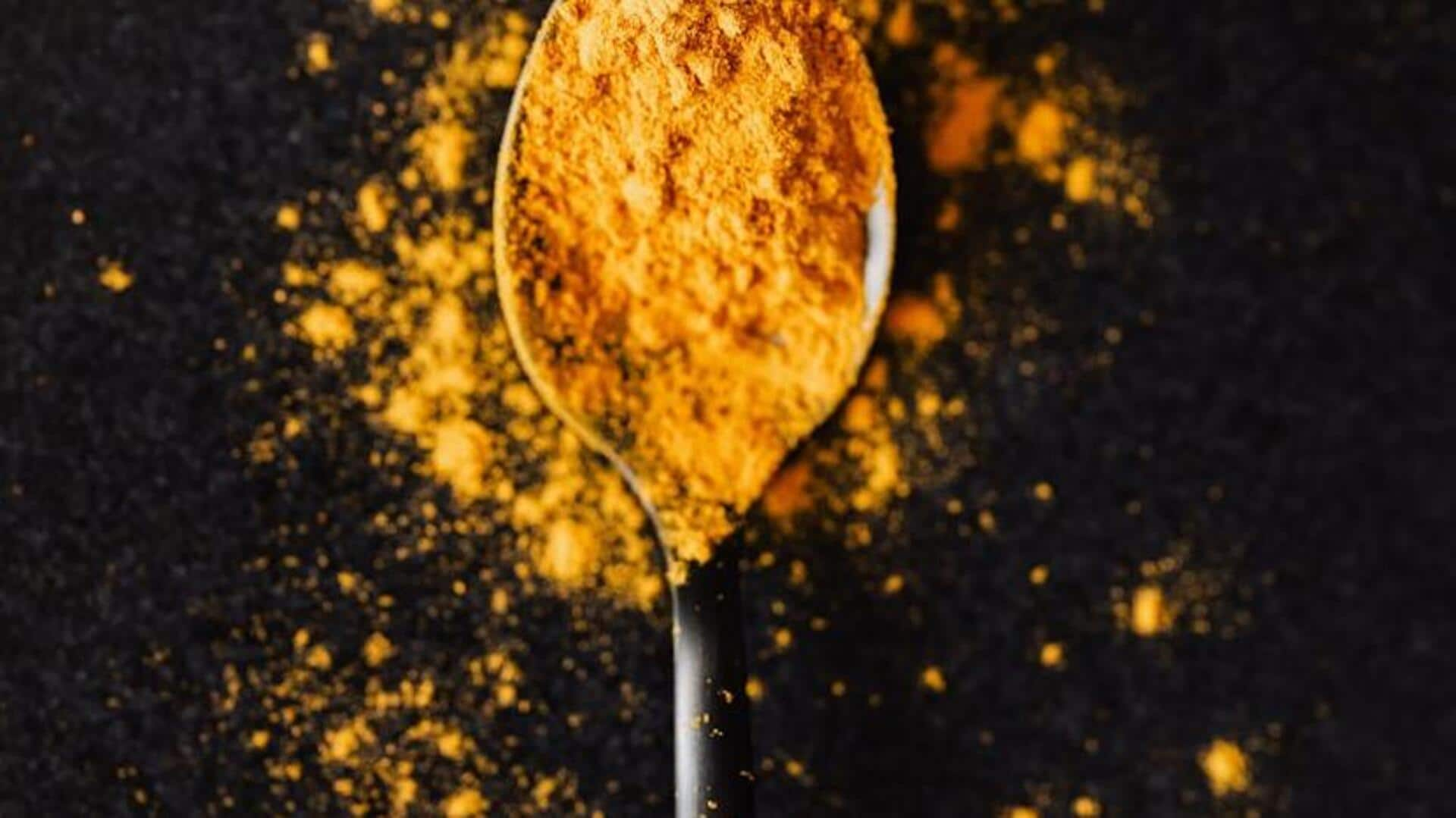
Unveiling turmeric's brain-boosting secrets
What's the story
Turmeric, a golden spice beloved in Asian cuisine, is now recognized for more than its flavor. Recent research highlights its potential health benefits, particularly for the brain. This article delves into the science behind how turmeric might enhance cognitive function and mental health. It explores turmeric's brain-boosting properties, offering insight into how this spice could be a valuable addition to a health-conscious lifestyle.
Neurogenesis
Curcumin enhances neurogenesis
Curcumin, the active compound in turmeric, has been shown to promote neurogenesis - the process of creating new brain cells. Studies indicate that curcumin increases brain-derived neurotrophic factor (BDNF) levels, a protein essential for the growth and differentiation of new neurons. This effect could potentially improve memory and cognitive function, making turmeric a valuable addition to a brain-healthy diet.
Disease prevention
Turmeric lowers risk of brain diseases
The anti-inflammatory and antioxidant properties of curcumin in turmeric may lower the risk of developing neurodegenerative diseases such as Alzheimer's and Parkinson's. By reducing inflammation and oxidative stress in the brain, curcumin can help protect against neuronal damage and decline. Regular consumption of turmeric could therefore play a role in preventing or slowing down the progression of these diseases.
Mood boost
Mood enhancement properties
Turmeric has also been linked to improved mood and mental well-being. The compound curcumin may boost serotonin and dopamine levels in the brain, which are neurotransmitters associated with feelings of happiness and pleasure. For individuals experiencing depression or anxiety, incorporating turmeric into their diet might offer a natural way to enhance mood without the side effects associated with some pharmaceutical treatments.
Cognitive health
Cognitive function support
Studies suggest that turmeric supports cognitive functions, notably enhancing working memory, attention span, and mood stability in older adults experiencing age-related cognitive declines. The anti-inflammatory properties of curcumin are key, helping to maintain a healthy blood flow to the brain. This is vital for preserving cognitive abilities as we age, highlighting turmeric's potential role in a brain-healthy diet.
Stroke recovery
Potential role in stroke recovery
Emerging evidence indicates that turmeric could aid in stroke recovery by promoting neural repair mechanisms within the brain. Curcumin's ability to reduce inflammation and oxidative damage is believed to facilitate improvements in neurological function post-stroke. While more research is needed to fully understand this benefit, turmeric shows promise as part of rehabilitation strategies following cerebral injuries.